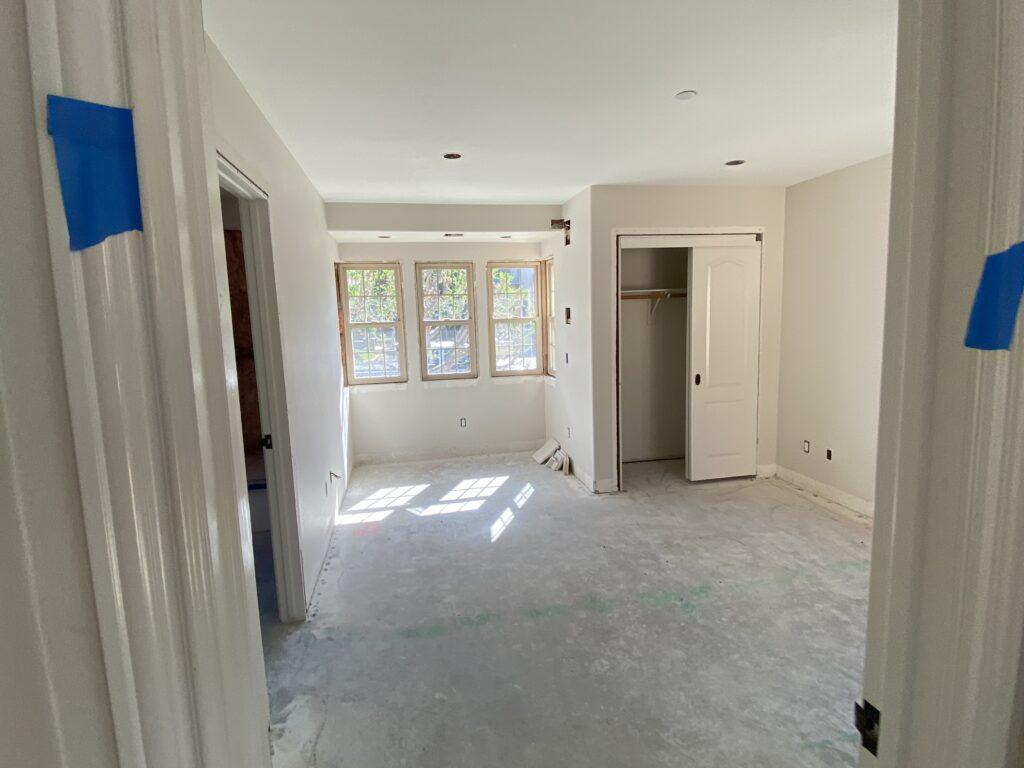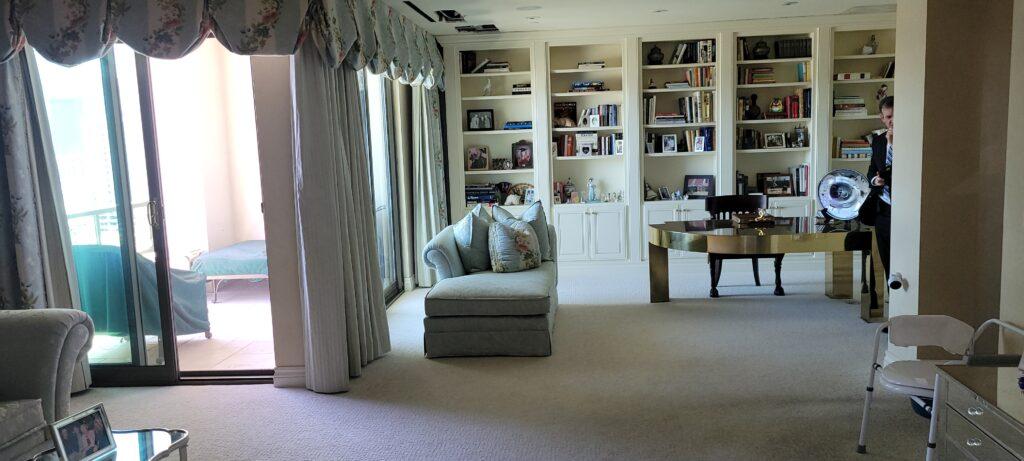Everything You Need to Know About Nevada Rental Laws
Looking to rent in Nevada? Here’s everything you need to know about the state’s rental laws. From deposits and fees to landlord-tenant rights, we’ve got you covered. So whether you’re a first-time renter or an experienced leasing pro, be sure to read up on Nevada rental laws before signing anything. Trust us, it’ll save you a lot of headache down the road!

The basics of renting in Nevada – what you need to know before signing a lease
Renting property in Nevada involves understanding a variety of laws and regulations that are designed to protect both the landlord’s and tenant’s interests. Before signing a lease, it is essential to be familiar with the law which governs rental agreements, including security deposits, rental fees, and subletting. In addition, it is important to have a comprehensive understanding of the landlord’s and tenants’ responsibilities when it comes to repair and maintenance of the property. Most leases will include all relevant state laws; however, if it does not renters can find more information about renting rights in Nevada through resources published by the Real Estate Division of Nevada’s Department of Business and Industry. Renters should always read their residential lease thoroughly before signing to ensure they are aware of all rules and expectations.
Your rights as a tenant in Nevada
As a tenant in Nevada, you have numerous protections and rights to ensure your housing situation is fair and comfortable. State law outlines the responsibilities of landlords and tenants so both parties understand their roles. Some of these include the security deposit limit, notice requirements for entry or rent increase, prohibited practices and more. Knowing your rights as a tenant helps you make informed decisions about your living situation. Landlords must adhere to specific state laws, if they do not, the laws provide legal protection for you in those cases as well.
The responsibilities of landlords in Nevada
Landlords in Nevada are expected to provide a safe and comfortable environment, and must comply with various regulations under the law. They are responsible for making required repairs, maintaining all facilities according to health, housing and safety codes, providing written leases or rental agreements that are legally binding, properly disposing of garbage and sewage, as well as providing tenants with a reasonable amount of quiet during their stay. It is also expected that landlords remain up to date with any changes or updates in rental laws throughout the state.
How to handle deposits and rent increases
Navigating Nevada’s rental laws is key to a successful landlord-tenant relationship. To ensure everyone is following legal protocol and expectations, it’s essential to understand how to handle deposits and rent increases. Security deposits are an important tool for landlords to protect against costs associated with property damage or unpaid rent, and must be placed in a dedicated trust account. Additionally, rental rate increases must adhere to state regulations; landlord’s should take into consideration factors such as length of the tenant’s stay and timeline restrictions that the lease outlines when increasing their rental rates.
What to do if there’s a problem with your rental property
If you have an issue at your rental property in Nevada, your foremost step is to contact your landlord and inform them in writing of the problem. It’s important to document all communications as they can be useful later if necessary. If you are unable to come up with a satisfactory solution after discussing the issue with your landlord, you may wish to consider filing a complaint with the Nevada Real Estate Division or consulting with a civil litigation attorney to initiate legal proceedings.
Where to go for help if you have questions about renting in Nevada
If you are looking for assistance when it comes to rental laws and regulations in Nevada, there are a number of resources available to you. Many landlords will provide information they deem necessary that tenants should be aware of during their lease signing process. You may also consider seeking out additional info from local government organizations like the Nevada Division of Housing or the Nevada Tenants Association. They both can provide valuable knowledge on the dos and don’ts of renting in Nevada.
We hope this article has given you the information necessary to ensure you have a pleasant tenancy experience. Keep in mind that local laws may apply to your situation as well, so it’s always a good idea to make sure your lease includes up-to-date information when signing any contract.
